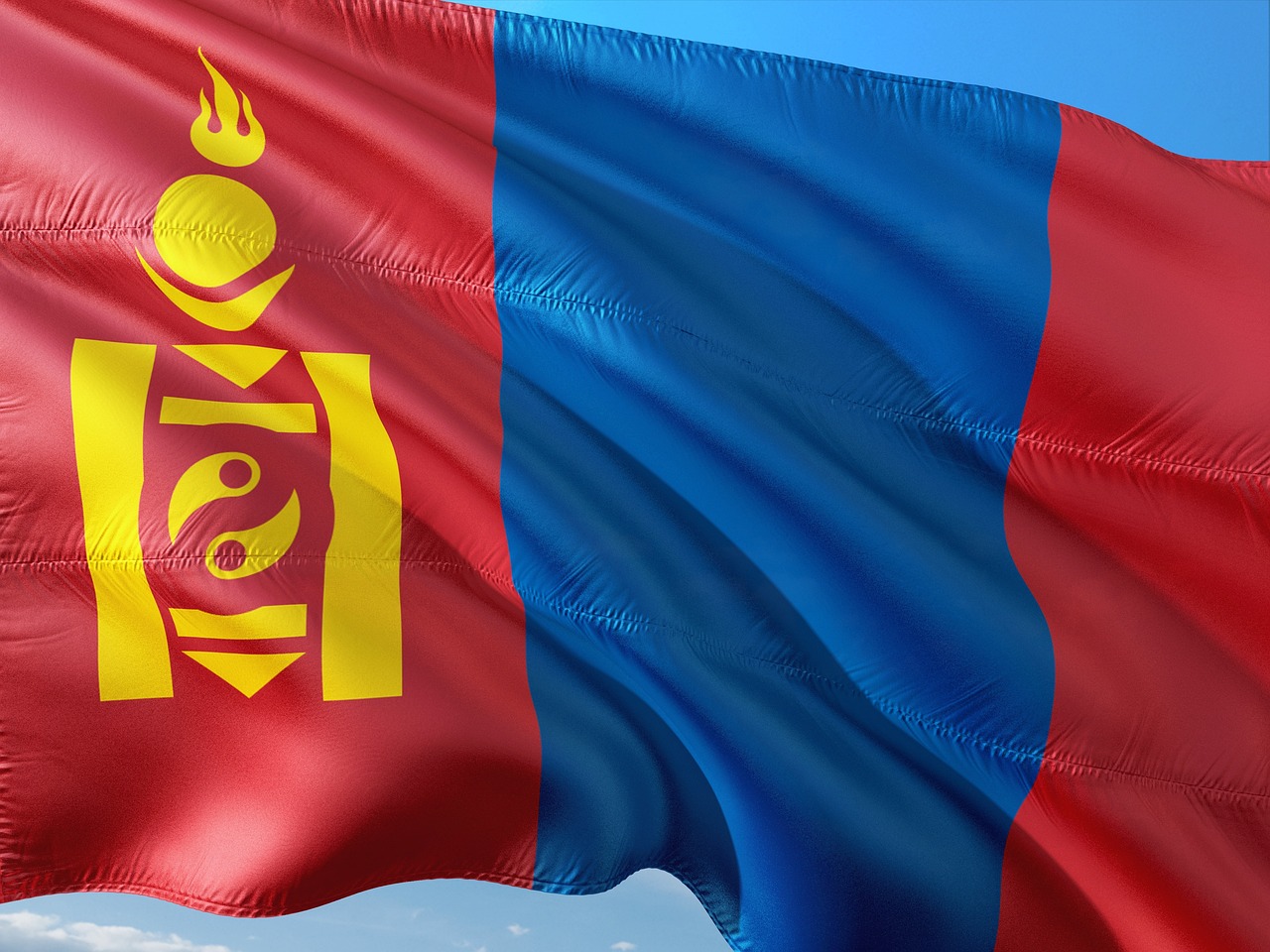By Bolor Lkhaajav and Enkhbaigali Byambasuren, 14 January 2024

Flag of Mongolia (photo credit: jorono via pixabay)
The 2024 elections will be the first since the recent constitutional amendment in May 2023, which increased the number of parliamentary seats from 76 to 126, with 48 of those chosen by proportional representation.
Preparations are underway to implement those changes. In December, Mongolia’s electoral districts were shuffled and merged, reducing the number of districts from 29 to 13. As a result, the next parliament will be able to focus on regional and national development rather than local election district-based interests. Another hope is that the expanded 126-seat legislature may create more opportunities for parties to include female candidates as part of the institutionalization in political parties.
However, there are noteworthy nuances to this change that pose a couple of challenges for Mongolia’s multi-party election system. For example, under existing law, election campaigns can only occur within a designated 14-day period. That is made more challenging with larger districts, but it cannot be changed at this point, as election law cannot be altered six months before elections. Given the 14-day campaign, even basic introductions will be difficult to achieve, let alone fostering real chances for voters to ask questions about a candidate’s agenda. This also presents an additional challenge for newer and younger candidates to stand out in comparison to previously established politicians.
For example, voters in some districts will have to choose between 100 and 300 candidates for 10 seats. Voters will most likely struggle to find enough reliable information about parties and candidates in 14 short days. Social media campaigning will play a major role in this election, as the younger generation is spending most of their time on social media. [...] Besides frequent electoral changes, another worrying trend in Mongolian parliamentary elections is decreasing voter representation. The 2023 United Nations Development Program (UNDP) report on youth participation in electoral processes highlighted the importance of “promoting the participation of a diversity of young people during elections,” which includes mechanisms to expand opportunities for youth with disabilities to be informed and inclusive in voter representation.
Read the full article here:
The Diplomat
